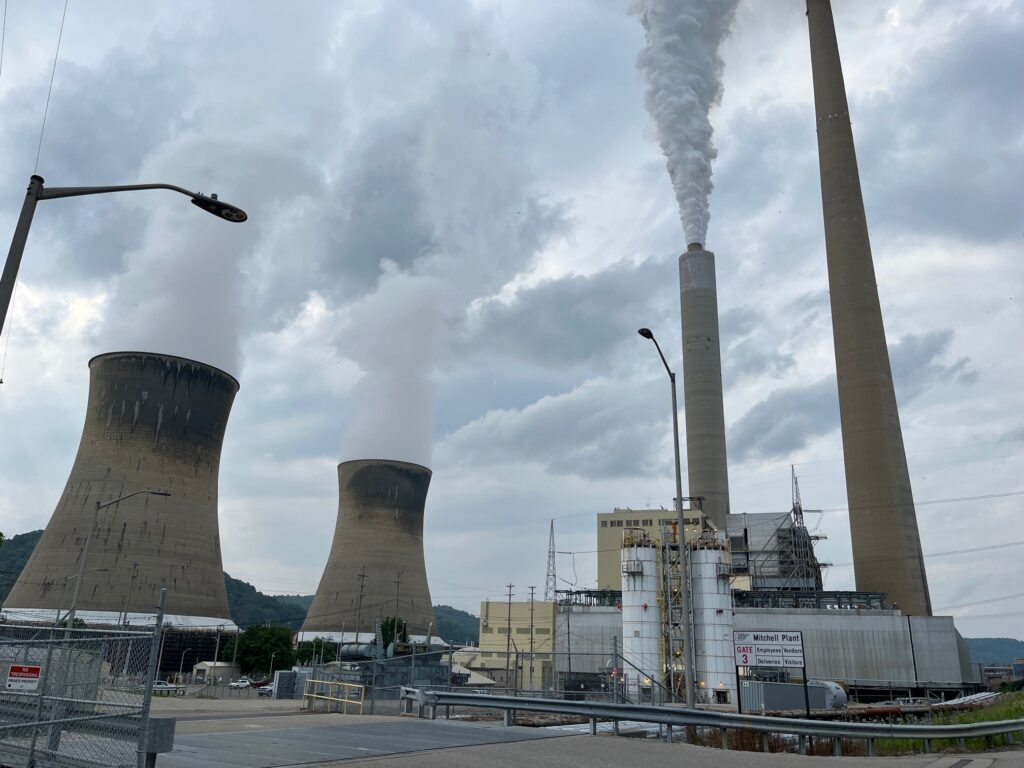The price of a contract between the West Virginia Public Service Commission and an Arizona consulting firm nearly doubled, but the reasons are not clear.
On July 19, the PSC and Critical Technologies Consulting, of Mesa, Arizona, agreed to a change order that increased the cost of their contract from $288,000 to $522,000.
The PSC contracted with Critical Technologies last year to review the fuel management practices of Appalachian Power at its three West Virginia power plants.
Critical Technologies was the winning bidder among four firms that submitted proposals.
WVPB obtained the change order through a Freedom of Information Act request.
The document did not explain why the change was made or what additional services were provided.
The consultant’s report could influence the PSC’s decision on whether to approve the utility’s application to recover $641.7 million from electricity users in West Virginia – a potential $20 a month increase on their bills.
The PSC held an evidentiary hearing on the matter this week.
PSC filings concealed information about payments and services involving Critical Technologies and its three rival firms. The agency cited “trade secrets” as justification for shielding those details from public view.
In a June filing, the PSC warned that disclosing pricing information risked increasing the cost of contracts to the agency.
Patrick McGinley, a professor at the West Virginia University College of Law, said government agencies should be transparent about how they spend public funds.
“Contracts should be public,” he said.
For example, McGinley, said, WVU President Gordon Gee’s contract is publicly available, with no redactions, or information concealed from public view.
So is a contract the PSC agreed to just this week. The agency will pay Van Reen Accounting LLC $122,000 to perform an audit to determine whether Mon Power electricity customers in West Virginia should be reimbursed for company lobbying expenses related to the HB 6 scandal in Ohio.
A decade ago, the railroad companies Norfolk Southern and CSX sued a Maryland agency to prevent the public disclosure of information about flammable crude oil shipments by rail. A judge ruled against the railroads and in favor of the news organizations requesting the data through open records law. The railroads lost a similar effort in Pennsylvania.
Invoking exemptions to open records law is not always justified, McGinley said.
“They hope people go away,” he said. “And they usually do.”
A spokeswoman for the PSC could not explain why the price of the Critical Technologies contract nearly doubled, nor what additional services the consulting firm provided.
Appalachian Power is an underwriter of West Virginia Public Broadcasting.






















